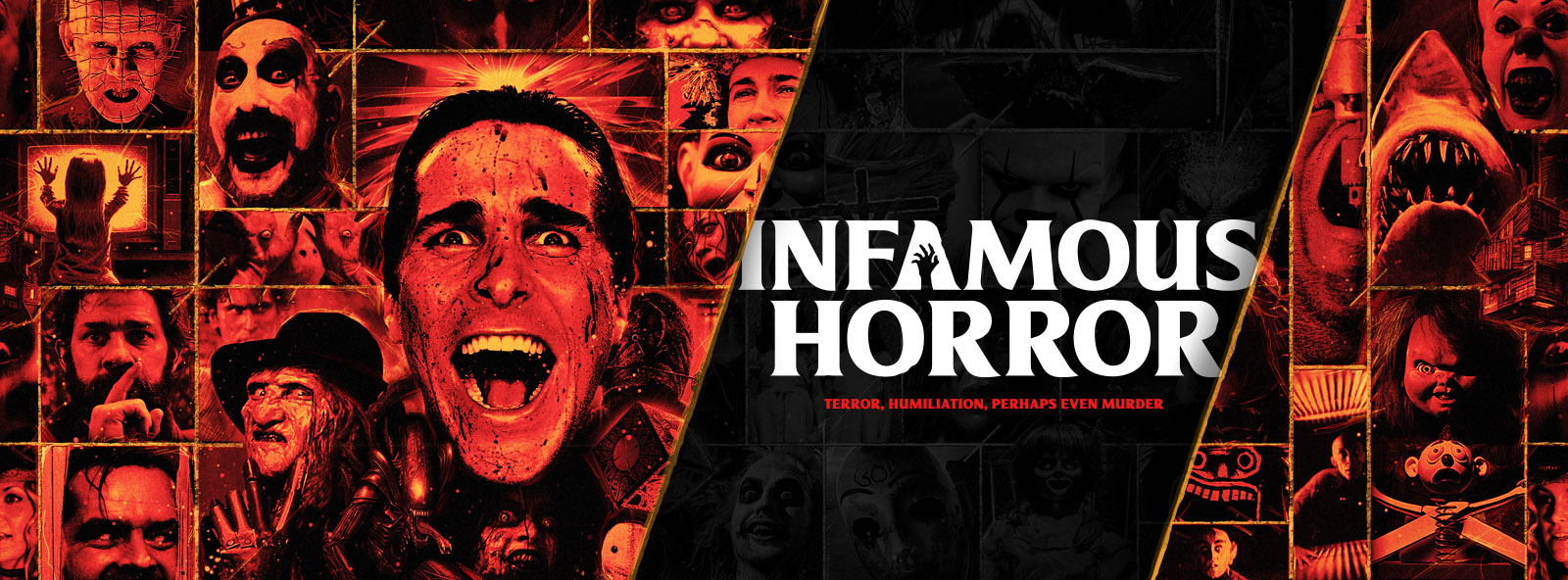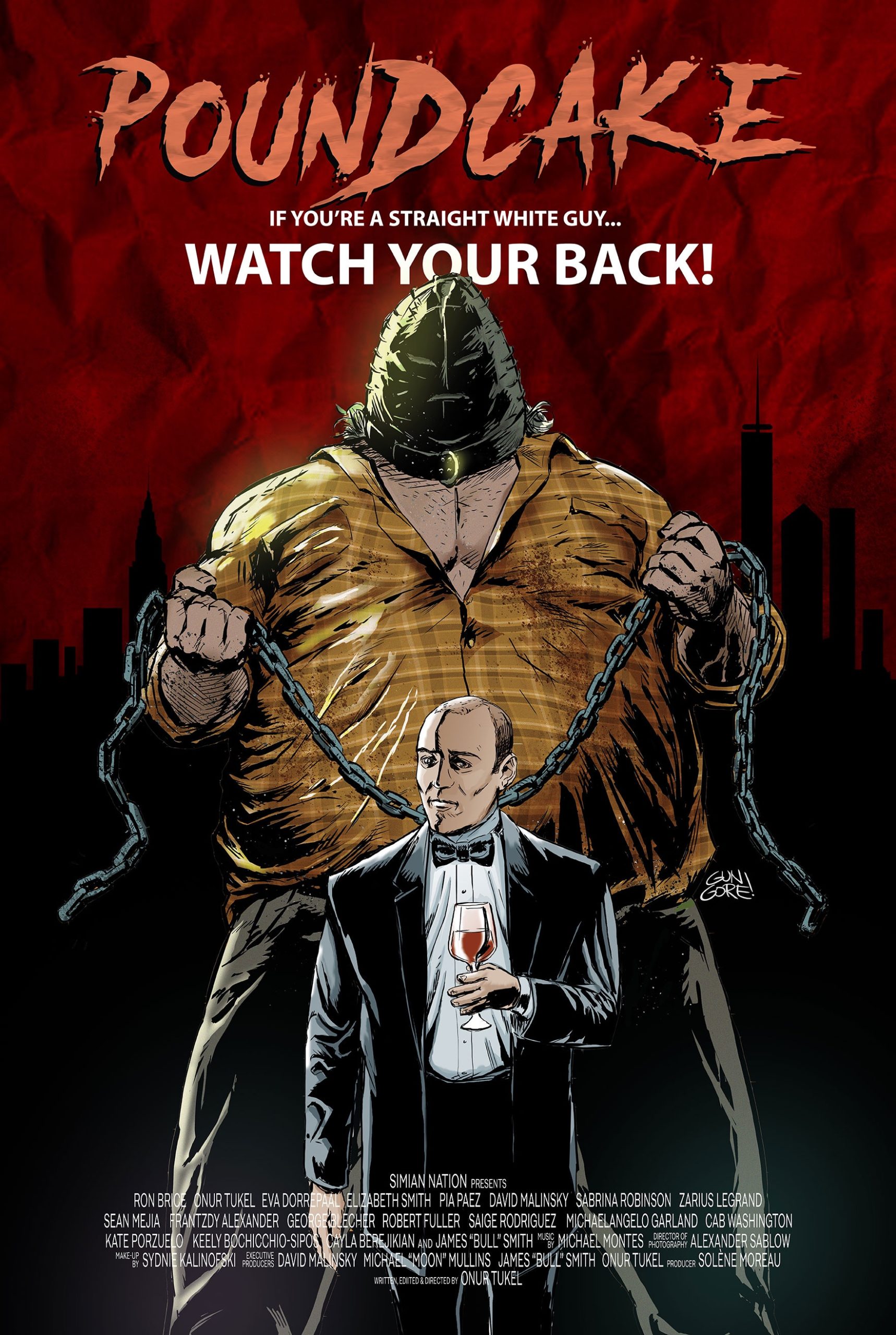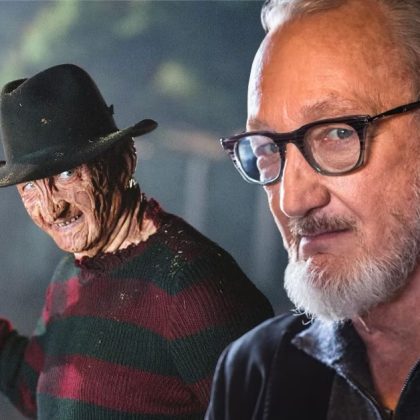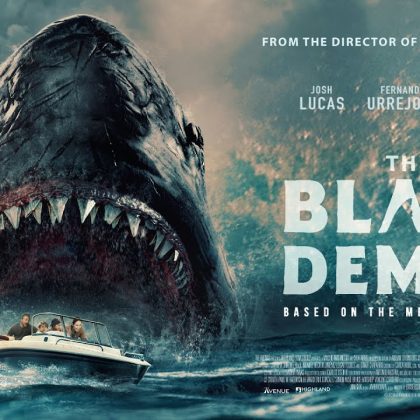Last week, while covering the Make Believe Film Festival, we got the chance to interview filmmaker Onur Tukel about his upcoming horror film, “Poundcake.” We talked about the genesis of its creation and why it was important for him to tell this story.
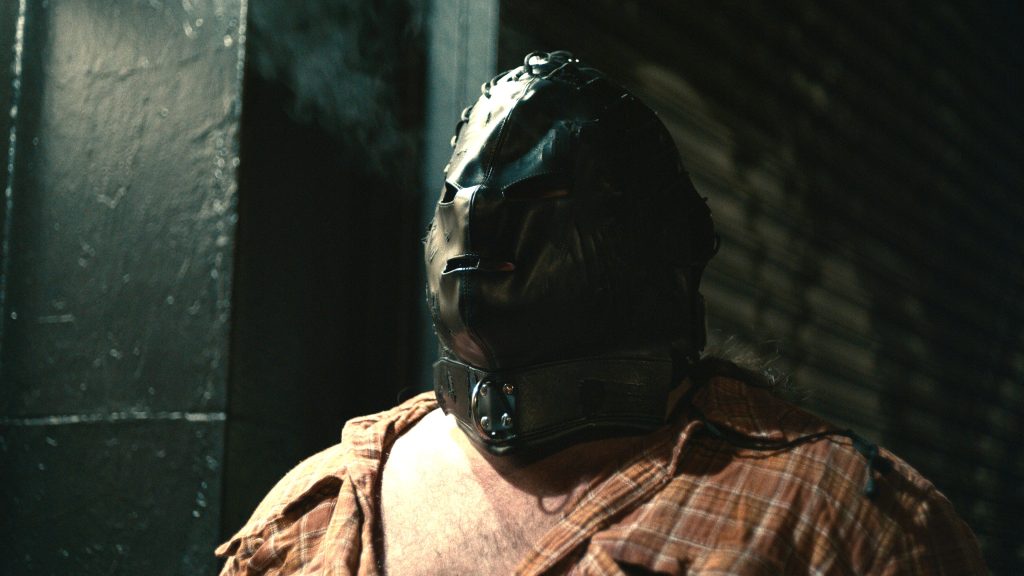
1. How did the idea of Poundcake get started?
The genesis for a movie can come from so many places. It’s an accumulation of all the things you’ve watched and read, the conversations you’ve had, and collective experiences over your life. Sometimes I pull ideas out of previous scripts that were never produced.
“Poundcake” may have started twenty years ago when I saw Spike Lee’s “Summer of Sam.” In the nineties, I saw everything Spike Lee did. I loved how raw and angry his movies were. He attacked issues of race with a figurative battering ram and his movies were distinct and fearless. I loved the format of “Summer of Sam.” It was an ensemble movie with several storylines, with the David Berkowitz murders happening on the periphery. I wasn’t conscious of “Summer of Sam” when I wrote “Poundcake,” but it plays into this idea of origination. Where do ideas come from? When does an idea start? I wish I knew.
In the simplest terms, I thought of the general idea of a killer preying on straight white guys in the summer of 2021. Before I wrote the script, I approached a group of investors to see if they might fund the movie. Two of the investors were crazy enough to say yes, so I wrote and revised the script between August and December of that year. We shot in January 2022.
2. It also seems to be satirical on the status of our times right now. Was there any difficult topic you almost felt hesitant to cover in “Poundcake”?
Not really. One of the actors requested that I remove a joke that was about race and penis size. It was a cliche joke. I’m glad I listened to him. I was a little nervous about the Jewish stuff at the end, but there were three Jewish actors on set who gave me their blessing.
When you make a movie, especially one with sensitive material, you are given consent to make it by the cast and crew. If fifty people sign on to make something, you build a community where everyone is speaking the same language.
This cast and crew is eclectic and varied in age, race, and political thought. It’s a true representation of what America is. That we can come together and make something so weird, wonderful, and thoughtful is a testament to the power of creativity.
“Poundcake” is funny. None of it is meant to be taken too seriously. But we’re finding that the themes are really resonating with folks of all demographics: white, black, Latin, straight, gay. This movie speaks to everyone. If you know the basic premise of “Poundcake” and you go to see the movie anyway, you’ve decided to have your convictions challenged. If you want your convictions challenged, then you’re already more advanced than most people who choose to exist in their own pathetic bubbles. So the audience of “Poundcake” is advanced.
If you’re a dim person, a shallow person, someone who thinks you’re right, and everyone else is wrong, stay away. You’re a disease to society. You’re a threat to open discourse and the diversity of ideas. This movie isn’t for you. Horror is supposed to be shocking. Comedy is rooted in inappropriateness. And in art, anything goes. So, with those three conceits, there was really nothing we couldn’t get away with.
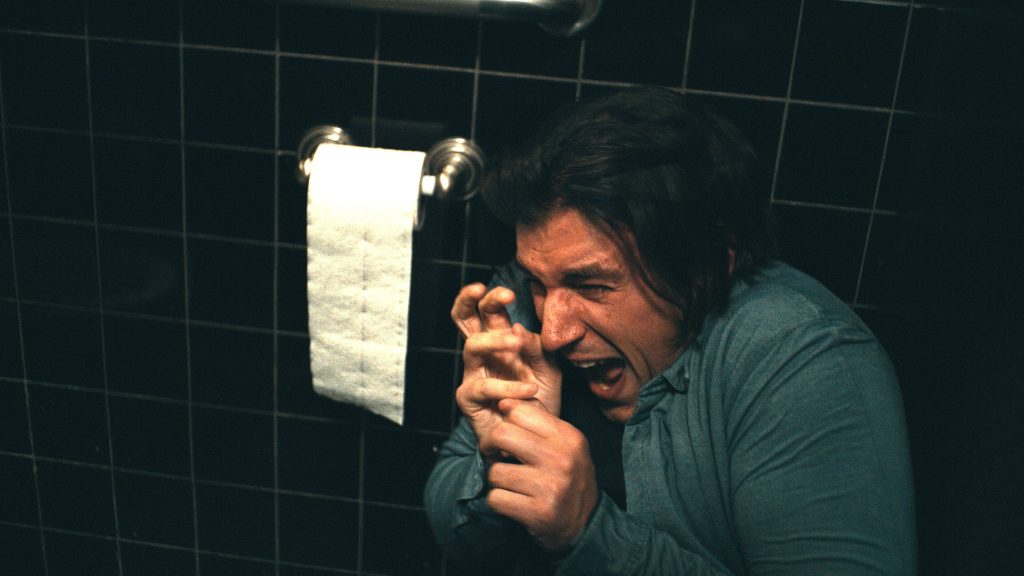
3. I loved the podcasting sequences because it seems like everyone has a podcast now, myself included as I have three at the moment. Is that something you also wanted to make fun of, or was it more about how people get their news nowadays?
Opinions have replaced news, that’s for sure. People like to be told what to think, how to feel, and given permission to play the victim or bask in others’ miseries. A podcaster gets to complain about everything, saying that the “other” is wrong and here’s why. However, I don’t believe that you can truly criticize others unless you criticize yourself first.
But one of the admirable traits of Americans is their desire for self-improvement. Through podcasts, we search for words of affirmation, mindfulness, and inspiration. So, the shift in “Poundcake” from “toxic podcasts” to “positive podcasts” was part of the design. The internet, as the writer Virginia Heffernan said, is a place of “magic and loss.” It’s both awful and beautiful, majestic and disgusting. This movie is a way of calling out some of the more vitriolic podcasters out there, the ne’er-do-wells spewing vile and hate, and asking them to take a more positive view of the world. I’m a huge proponent of free speech, but I’m also aware of how destructive it can be.
Discourse in this country is very sick right now. It’s like that pathetic little Christmas tree in “A Charlie Brown Christmas.” If there’s a way to put a warm blanket around that tree and nurture it back to health, collectively, we should do that. “Poundcake” has some fun with this idea.
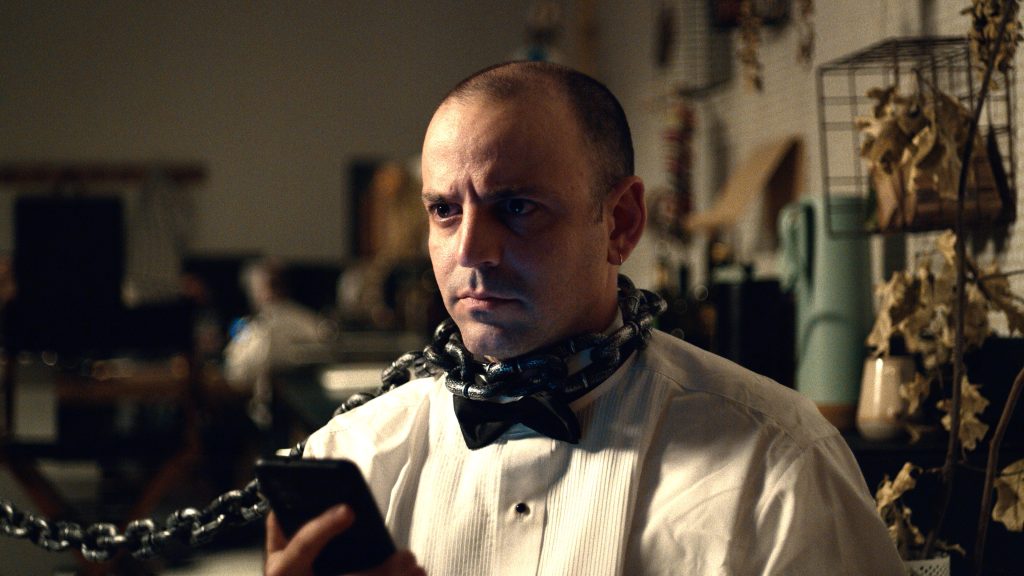
4. The casting was spot on in “Poundcake.” How did you go about casting the roles?
My producer, Solène Moreau, and I worked hard to find this amazing cast. We posted an ad on Backstage and ended up auditioning about 150 people. We found about half of the cast that way. Solène has a pretty deep network of actors she’s worked with in the past, so we auditioned them as well. That’s how we ended up casting Michaelangelo Garland, Pia Paez, Chris Cimperman, Zarius LeGrand, and Keely Bochicchio-Sipos.
I wrote roles for a few of the actors I’d worked with before – Sabrina Robinson, Ron Brice, Eva Dorrepaal (who I’ve cast in five movies now), Elizabeth Smith, David Malinsky, Hemang Sharma, and comedian Irene Bremis. I auditioned a few non-actors who I was friends with, who I always assumed might be good on screen. That’s how George Blecher was cast in the role of the office boss. He’s a writer and retired professor of literature and such a sweet, smart, funny man. He really showed up and did a great job. He has the spirit and energy of a twenty-year-old.
So really, we just pulled the cast out of our own networks of friends and contacts and then found a wonderful group of actors off Backstage. It’s one of the reasons I moved to NYC twelve years ago. The amount of talent here is incredible. There were so many amazing actors who auditioned who I wanted to cast but I just didn’t have roles for them. It’s always a difficult part of filmmaking. If someone has an interest in something I’m doing, I feel honored that they would want to take part.
I am so proud of the cast. I think almost everyone in this movie, with the exception of the straight white guys, will go on to have amazing careers.
5. When you’re screening “Poundcake” at film festivals, are you still nervous or are you more like “LET’S GO!!” at this point?
I’m always nervous about how many people will show up to watch the movie. With film festivals, you never know. There might be two hundred people or twenty people or two. When you’re younger, that can be heart-breaking. You want a theater full of people laughing and clapping. But I appreciate everyone who comes out. The only other thing I get really nervous about are the things I can’t control, like a technical issue with the picture, sound, or DCP. If the movie plays all the way through, then I’m relieved.


